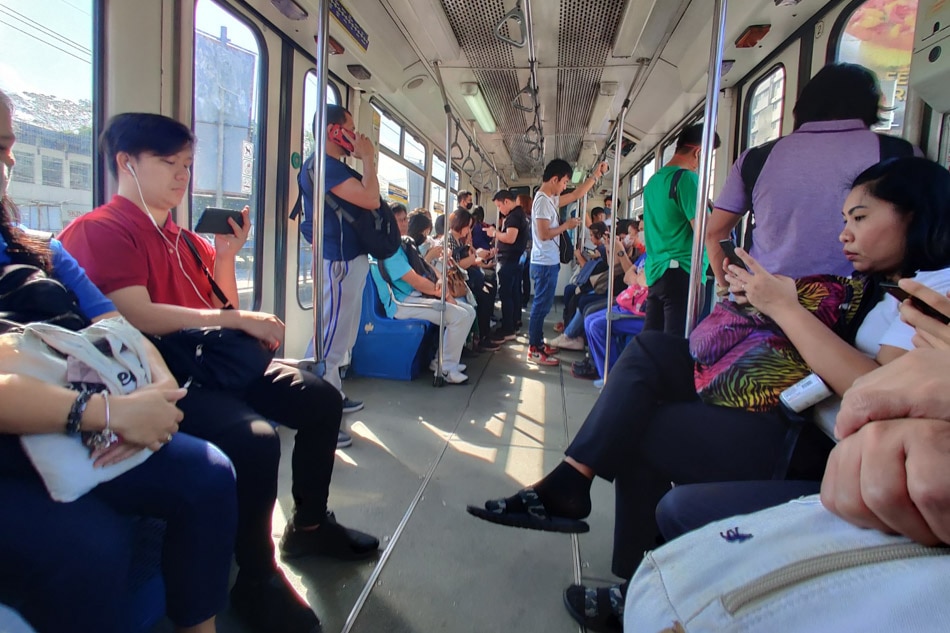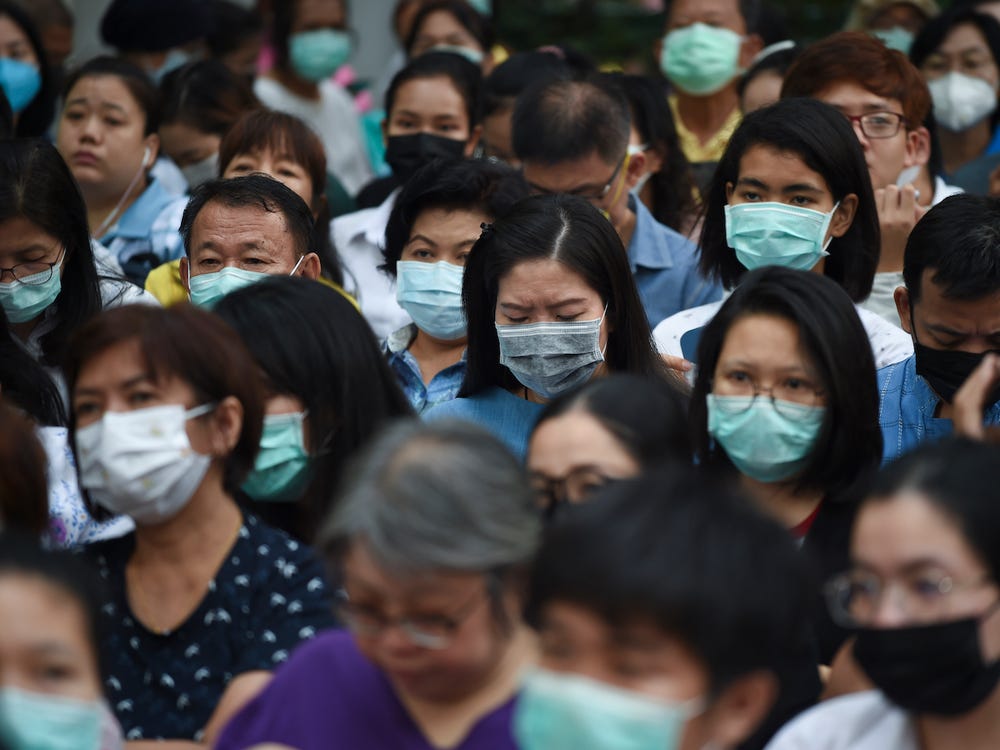This article is lifted from ABS-CBN News.
Metro Manila will be placed under “community quarantine” beginning Sunday until April 14 to control the spread of the novel coronavirus disease (COVID-19) which has infected at least 52, including 5 deaths.
1. When will it be imposed?
Beginning 12:01 a.m., Sunday, March 15 until April 14, according to Cabinet Secretary Karlo Nograles and Presidential spokesman Salvador Panelo.
2. What happens during a community quarantine?
-During the community quarantine period, travel in and out of Metro Manila will be restricted to control the spread of the disease.
– Classes in all levels and work in the executive branch are suspended, and the public is barred from holding mass gatherings. Private companies are encouraged to adopt “work from home” schemes during the community quarantine period.
3. What travel restrictions are in place and until when?
– Land, domestic air, and domestic sea travel to and from Metro Manila is suspended until April 14 but this is still subject to government review.
– The Ninoy Aquino International Airport will remain open for international flights but passengers must be from and are going to stay in Metro Manila. For those who will go to the provinces, passengers must fly via the Clark International Airport, Nograles said.
– Foreigners coming from countries with confirmed local transmission of COVID-19 shall be denied entry to the Philippines, according to President Rodrigo Duterte. Exempted from this rule however are foreign spouses and children of Filipinos, holders of permanent resident visas, and holders of diplomatic visas issued by the Philippine government.
-Travel restrictions will be reviewed on a daily basis, Nograles said.
4. What transportation means are available during the community quarantine period?
-Mass public transports, particularly train lines such as the Light Rail Transit (LRT), Metro Rail Transit (MRT), and Philippine National Railways (PNR) shall remain operational throughout the quarantine period provided that these transportation means adopt “social distancing guidelines.”

5. What is the period for the suspension of classes?
-Classes in all levels are suspended until April 12 in Metro Manila. This, however, may be further extended depending on government review.
– President Duterte has encouraged students to stay at home during the class suspension.
– The Department of Education said schedules of graduation rites and moving up ceremonies, originally scheduled on April 13 to 17, will be adjusted to a later time in areas in Metro Manila.
6. Will government services be available during the community quarantine period?
– Work in the executive branch of government is suspended until April 14 but agencies are required to maintain skeletal workforces to maintain the delivery of public service. Health and emergency frontline services will remain in full operation.
– Cabinet Secretary Nograles said the public can still transact with government offices such as PhilHealth, GSIS, and SSS even if these agencies will maintain skeletal workforces.
7. Should I stock up on food and basic goods?
– Cabinet Secretary Nograles said Metro Manila residents “should not be worried” about the supply of goods and food in the market. He discouraged the public from hoarding.
-Transport of goods to and from Metro Manila and other regions will remain subject to guidelines, he added.
8. Will there be a price increase in commodities?
– Trade Secretary Ramon Lopez said there will be no price increase in basic commodities as he assured Filipinos of enough supply of goods. He also assured entrepreneurs that there will be no business disruption during the community quarantine period in Metro Manila.
– A price freeze will also be in effect for 60 days starting Sunday which will cover medicines and medical supply, and some agricultural products, Lopez said.
9. Are Church masses, and mass gatherings allowed?
– Mass gatherings whether “planned or spontaneous” shall be p rohibited during the community quarantine period.
– The Archdiocese of Manila also declared that there will be no public celebration of the Holy Mass and public activities in all the churches covered by the archdiocese from March 14 until March 20.
10. Can I go to the market or mall during the community quarantine period?
– Mall and shop operators were urged by authorities to set a cap on the number of people allowed inside their establishments to prevent the spread of the virus.
11. If I live outside Metro Manila, can I still go to work in the National Capital Region?
– People from nearby cities and provinces employed in Metro Manila can still go to work as long as they present proof of employment in the region—such as a company ID—in designated checkpoints, Interior Secretary Eduardo Año said.
-Private companies however are encouraged by Año to implement a more “flexible” work schedule for the meantime or a “work from home” scheme if possible.
– Trade Secretary Lopez also encourages such workers to rent houses or rooms in Metro Manila for the meantime.
12. I am sick and I live outside Metro Manila. Can I get hospital treatment in NCR?
-Patients undergoing medical treatment in Metro Manila need to present proof such as a medical certificate in order to be allowed entry in the region, Interior Secretary Año said.
-He however encouraged the public to seek medical check-ups in clinics and hospitals near their homes instead.
13. I’m a Filipino overseas, can I still come home to the Philippines?
– President Duterte said all Filipinos overseas can return to the Philippines.
-Filipinos who are overseas are encouraged by the Department of Foreign Affairs to contact the Philippine Embassy in their area for clarifications.
14. I paid for a certain event/service which should be availed in Metro Manila, can I get a refund because of the community quarantine period?
– Trade Secretary Lopez said there should be a refund for such cases. Should there be any problems, Lopez said the public can complain with the Department of Trade and Industry.
The government’s inter-agency taskforce on COVID-19 will meet on Friday afternoon for clearer guidelines on the implementation of the community quarantine. Changes may be adopted following the said meeting, according to government officials.

